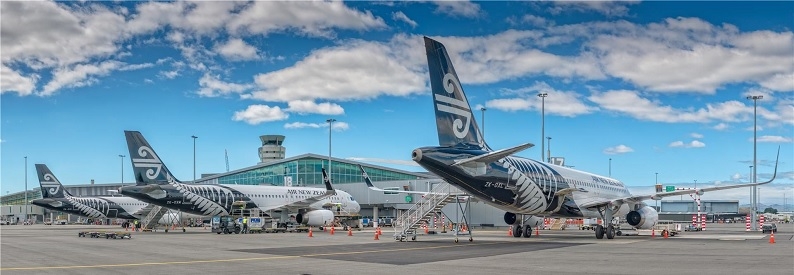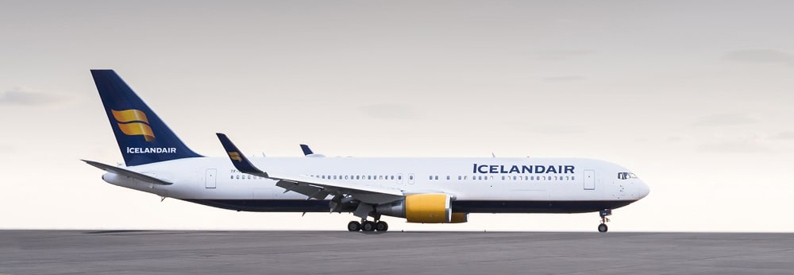The board of hydrogen-powered flight start-up Universal Hydrogen (Moses Lake) has decided to wind up the company after failing to raise further finance and/or sell the business. According to the Seattle Times, Chairman and CEO Mark Cousin wrote to shareholders on June 27 to inform them of the decision.
Universal Hydrogen made headlines in March 2023 when it flew a 40-passenger ATR - Avions de Transport Régional turboprop for 15 minutes over Washington state using hydrogen fuel cell propulsion.
Founded in 2020, Universal had developed a regional aircraft conversion kit for ATR72 and De Havilland Aircraft of Canada Dash 8 types consisting of a fuel cell electric powertrain that replaced the turboprop engines. It had also developed lightweight, modular hydrogen capsules that could be easily transported from green hydrogen production sites to the airport and loaded directly into the aircraft's rear fuselage using existing cargo handling equipment. Universal had longer-term goals of fitting their technologies to the eventual successors of the B737 and A320 types.
"We were unable to secure sufficient equity or debt financing to continue operations and similarly were unable to secure an actionable offer for a sale of the business or similar strategic exit transaction," Cousins told shareholders.
A range of investment entities, including Playground, Coatue, Templewater, and Tencent, had tipped USD100 million into Universal Hydrogen, backing its vision of sustainable, emissions-free hydrogen technology. Cousins said the board had approached investors and shareholders about a rights issue but received minimal interest.
Universal Hydrogen was founded by former Airbus Chief Technology Officer Paul Eremenko. He left the company in April, with Cousin stepping into the role. The start-up's strategic advisory board includes Carl Burleson, J.P. Clarke, Tom Enders, Lourdes Maurice, Patrick de Castelbajac, and Roei Ganzarski.
Eremenko told the Seattle Times he believed higher interest rates, fears of a recession, and a possible change of government in the US later this year had cooled investor interest. Universal Hydrogen did not respond to a request for comment.
In its four years of operations, Universal Hydrogen had signed multiple memoranda of understanding and other agreements to implement the technology with various airlines and aviation-related entities worldwide, including Air New Zealand, American Airlines, Icelandair, Avmax Aircraft Leasing, Connect Airlines, and Amelia, among others. In total, it had around 250 aircraft signed up for the conversion process from at least 16 carriers, valued at over USD1 billion, with a further USD2 billion factored in for fuel services over the first ten years.

